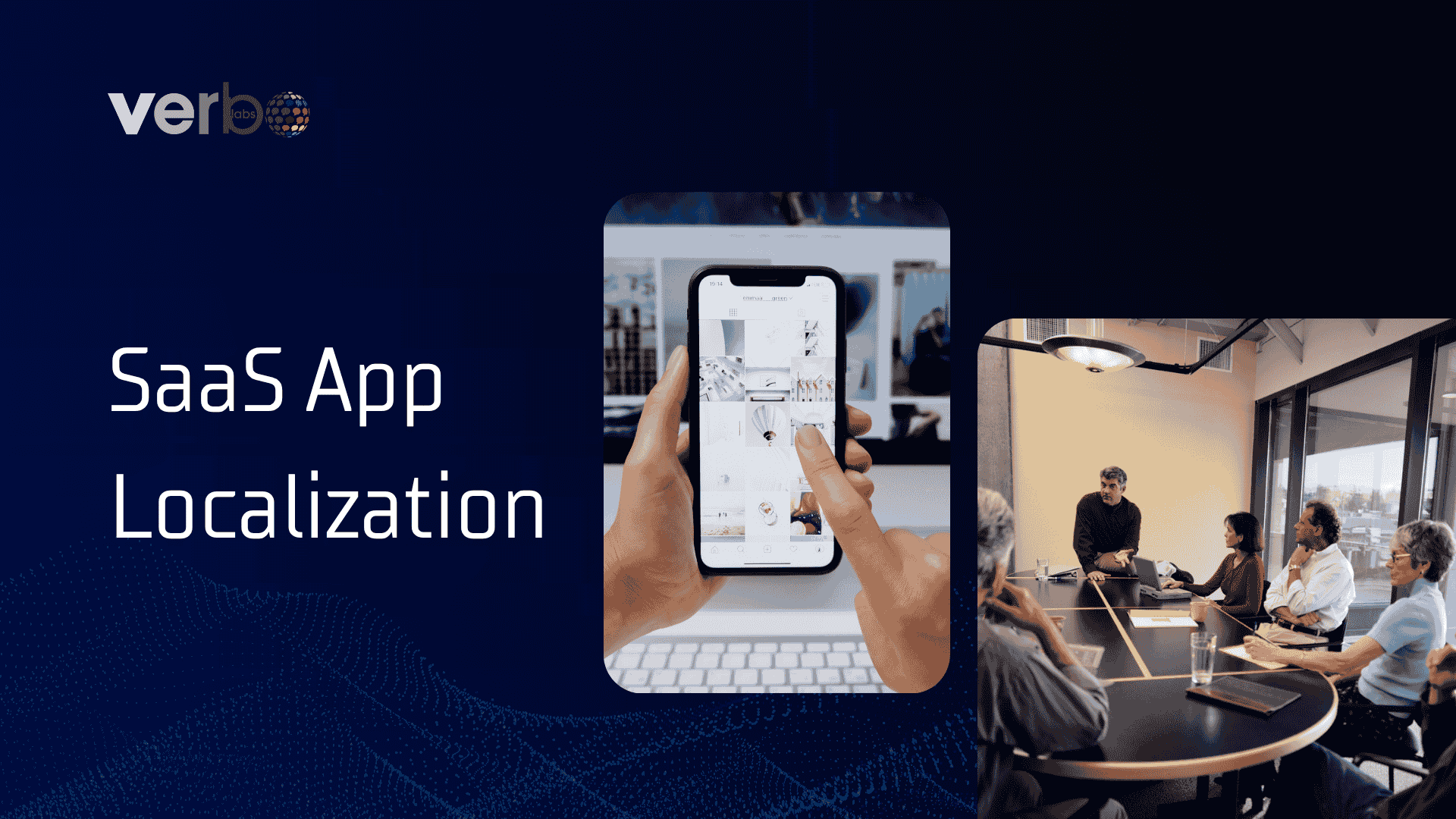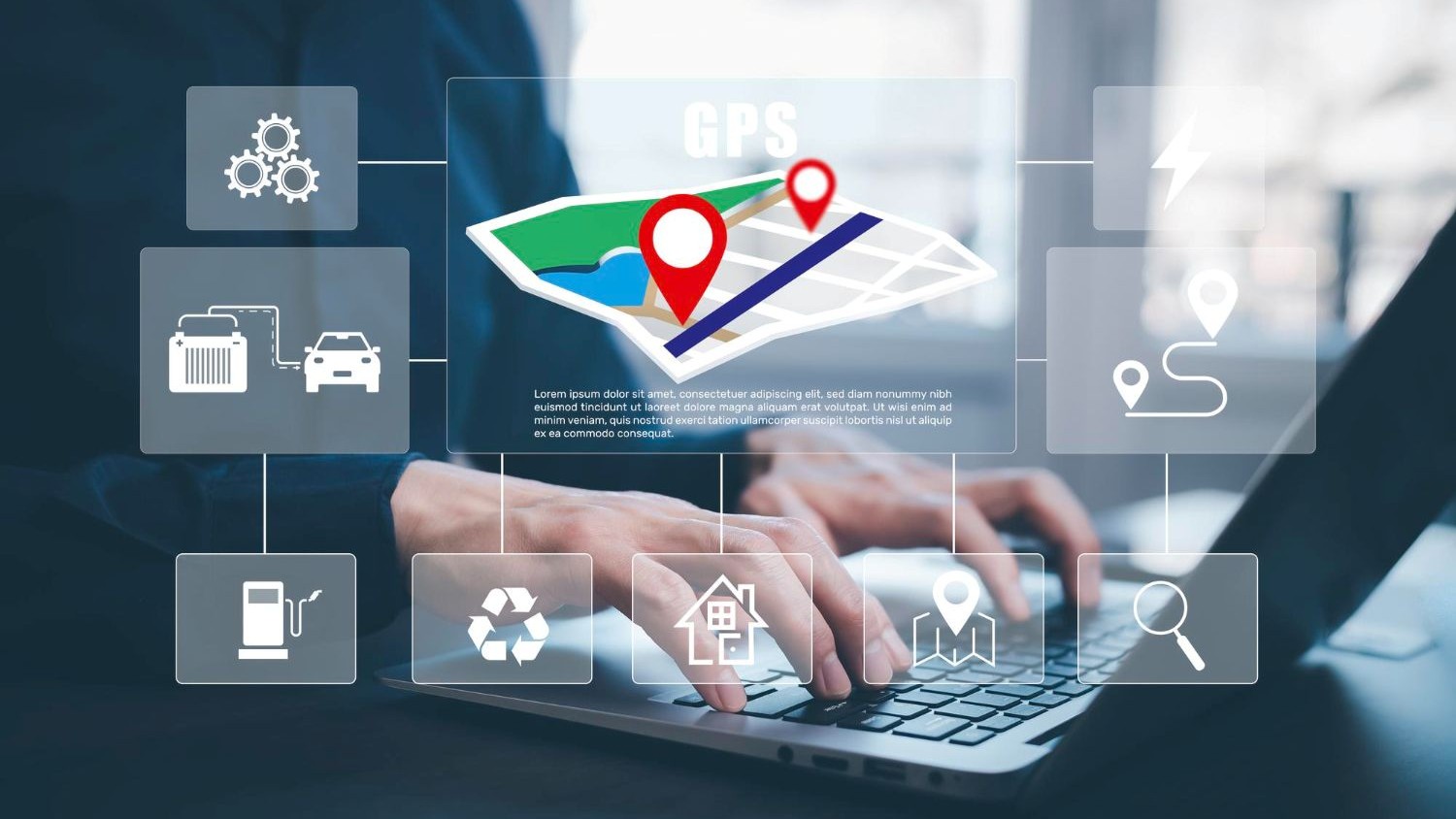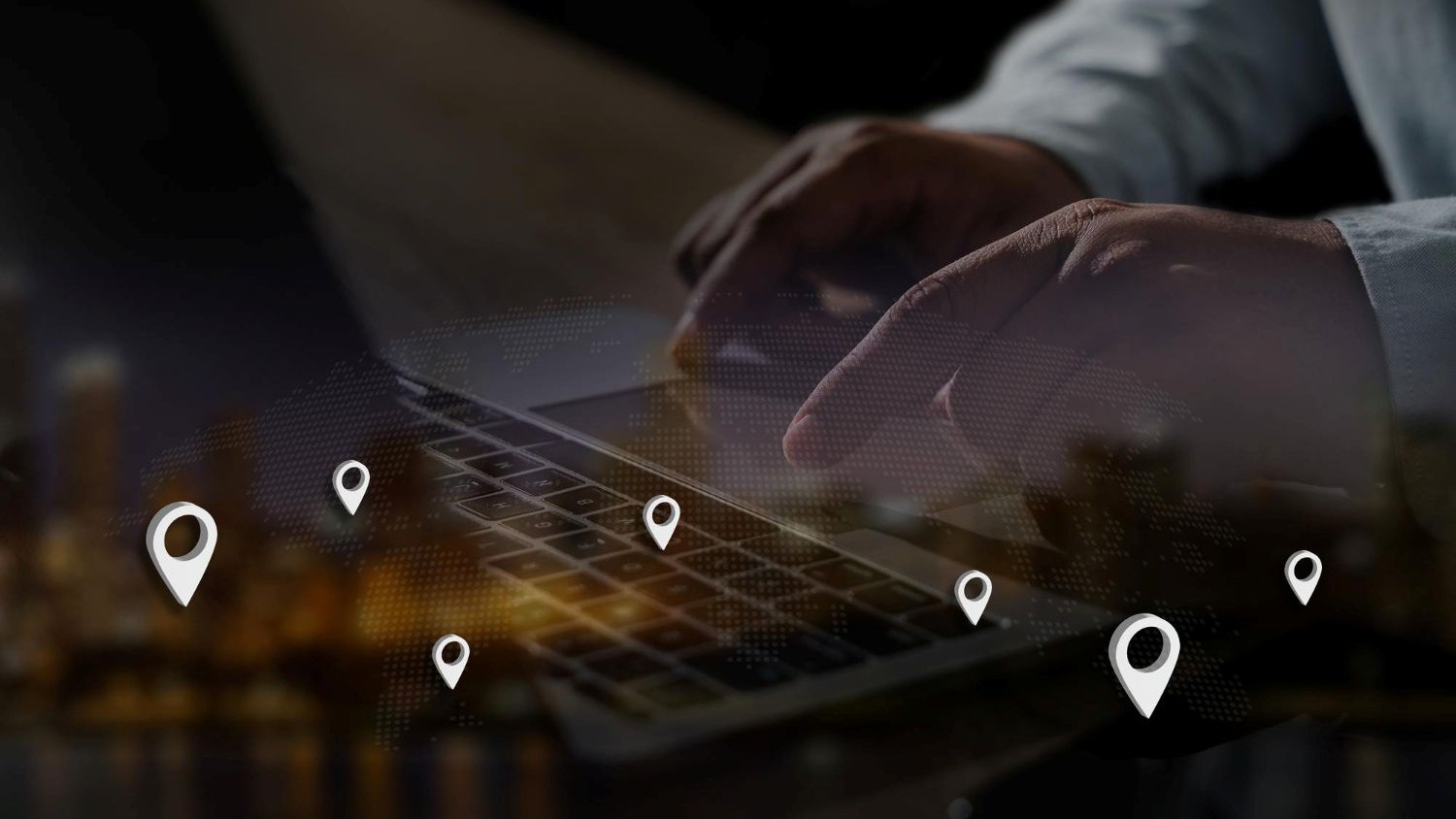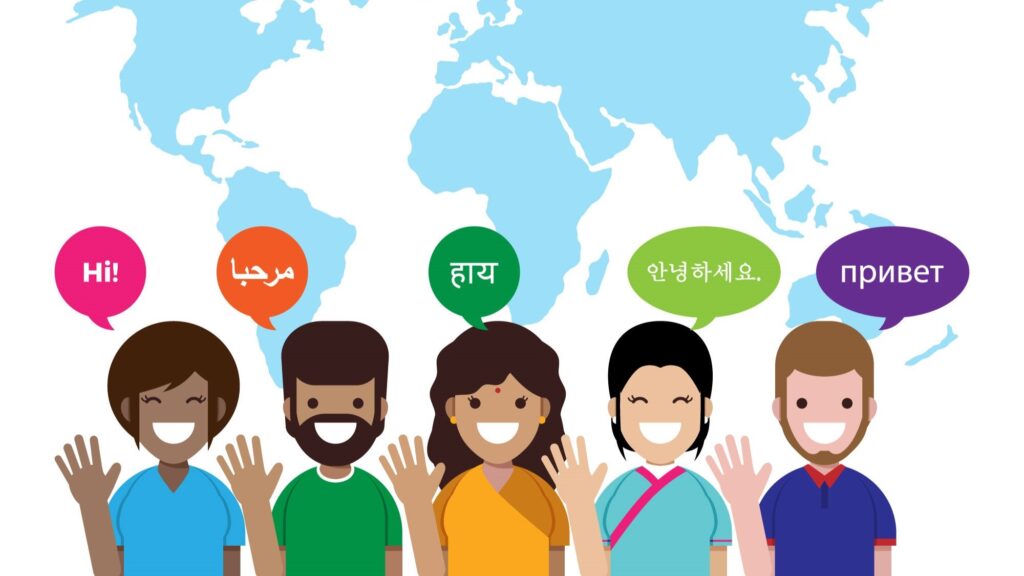
Software as a Service (SaaS) app localization is more than translation—it’s the adaptation of software to meet the cultural, linguistic, and regulatory needs of global users. By localizing interfaces, payment gateways, and workflows, SaaS companies achieve faster market expansion, improved user retention, and higher conversions. Leading SaaS brands like Slack, Zoom, and Freshworks prove that localization drives global growth.
Industry reports project that by 2030, the SaaS market worldwide is expected to exceed $400 billion, driven by the increasing number of companies and individuals requiring flexibility and scalability.
However, with SaaS adoption and acceptance booming worldwide, one significant challenge for companies is how to make their products feel “local” to users everywhere. This is where SaaS app localization can make a transformational contribution. Localization is more than just translating; it involves localizing everything in the software to meet relevant cultural, linguistic, and regulatory expectations. For SaaS providers considering SaaS globalization, this is not a cost, but a purposeful investment in growth.
What is SaaS App Localization?

SaaS app localization goes beyond mere translation; it involves adapting the entire software interface, content, features, and workflows to align with local languages, cultural norms, and usage preferences. While translation refers solely to converting text, localization ensures that the user interface (UI), date/time formats, currency, measurements, images, and even colour schemes resonate authentically with regional audiences. This comprehensive process is pivotal for SaaS applications targeting diverse geographies.
Example: A U.S.-based SaaS tool localizing for Japan would adapt:
- Interface to the Japanese language
- Yen as currency
- Culturally relevant images and layouts
- Customer support in Japanese
This makes the software feel like it was built for local users from day one.
App localization services encompass linguistic translation, software engineering adaptation, quality assurance, and cultural consulting — ensuring that each version of the SaaS platform functions seamlessly and emotionally resonates with local users.
For SaaS businesses aiming to scale globally, working with a professional app localization service provider ensures your software adapts seamlessly to cultural and technical standards.
Why Localization is Important for SaaS

The SaaS marketplace is inherently global, serving a wide range of users across continents. Today’s users expect their software to be available in their native language with culturally relevant user interfaces.
The benefits of localization include:
- Establishing trust and credibility by demonstrating a genuine understanding of cultural differences.
- Expanding accessibility, enabling users of varying language abilities to participate fully.
- Addressing regulatory and compliance requirements for each market.
- Helping differentiate SaaS offerings in overcrowded markets and provide more user-centred experiences.
SaaS companies must recognize that without localization, they risk alienating users, experiencing low adoption rates, and ceding market share to a commercially viable, localized competitor. Therefore, localization is no longer a ‘nice to have’ but central to SaaS globalization and expansion.
Simply put, SaaS globalization is incomplete without app localization, and choosing the right localization partner makes this transition smoother.
Key Benefits of SaaS Localization

SaaS localization unlocks multiple strategic advantages:
- Rapid Market Expansion: By launching localized versions, SaaS companies can enter new geographies more quickly and competitively.
- Improved User Experience & Retention: Users find the localized UI intuitive and trustworthy, leading to more extended engagement and loyalty.
- Higher Conversion Rates: Tailored payment gateways, pricing formats, and localized marketing improve trial-to-paid conversions.
- Regulatory Compliance: Localization ensures seamless alignment with local privacy laws, data storage mandates, and industry-specific regulations.
A well-planned SaaS localization strategy integrates business goals with technical and cultural adaptation to maximize ROI and user satisfaction.
To maximize these benefits, SaaS companies rely on professional localization services that combine linguistic accuracy with cultural insights.
Case Studies / Examples
Leading SaaS giants illustrate the success of localization:
- Slack localizes its platform into multiple languages—French, German, Japanese, and more—offering region-specific features and customer support, thereby boosting adoption worldwide.
- Zoom introduced localized interfaces and documentation early on, which spurred its global viral growth.
- Freshworks, originating from India, achieved a rapid global footprint by embracing multilingual interfaces and customer engagement tailored to the region.
These examples highlight the importance of localization as a catalyst for growth in SaaS globalization.
Takeaway: SaaS localization directly correlates with scalability, adoption, and global trust. Companies looking for a proven partner can explore VerboLabs’ app localization expertise to achieve similar results.
Common Challenges in SaaS Localization

While the benefits of app localization are clear, SaaS companies face several hurdles:
- Technical Constraints: Adapting UIs for languages with longer text strings or right-to-left (RTL) scripts without breaking design layouts.
- Consistency Across Updates: Every new feature or update must be localized simultaneously, adding complexity to agile cycles.
- Cultural Nuances: Currency formats, imagery, and even colour choices must be tailored for each region.
- Cost & Security Concerns: Scaling localization for 20+ languages can be expensive, while also requiring strict compliance with data protection laws such as GDPR or HIPAA.
A well-defined SaaS localization strategy helps overcome these challenges, ensuring scalability and user trust.
The Role of Professional Localization Services

Expert app localization services are crucial for SaaS growth. Skilled localization partners provide:
- Translation by native linguists with SaaS domain expertise.
- Advanced localization technology and automation for efficiency.
- Seamless integration with agile software development cycles.
- Cultural consulting ensures user interfaces and customer support resonate locally.
VerboLabs excels in delivering professional SaaS localization services tailored for growth, providing accuracy and scalability that empower SaaS companies to connect authentically with users worldwide.
The Future of SaaS and Localization
The future of localization for SaaS growth rests in a hybrid model where AI-fueled translation collaborates with human expertise. New tools are now introducing real-time UI translation, layout adaptability, and automated testing across languages. However, human linguists are still invaluable for cultural nuances and emotional context.
As SaaS globalization continues, new growth markets, such as those in Africa, Latin America, and Southeast Asia, will require localized versions to facilitate widespread adoption of usage. Companies that integrate their localization strategy early into their product roadmap will have a substantial first-mover advantage, confirming yet again why localization is important for SaaS.
The future of SaaS growth lies in AI + human collaboration:
- AI-powered real-time translation and layout adaptability
- Automated QA testing across languages
- Human linguists for emotional and cultural precision
With rising SaaS adoption in Africa, Latin America, and Southeast Asia, localized products will dominate new growth markets.
With rising SaaS adoption in Africa, Latin America, and Southeast Asia, localized products will dominate new growth markets. Companies that integrate localization services early into their product roadmap will gain a significant first-mover advantage.
Conclusion
SaaS app localization is vital for growth, user trust, and revenue generation in today’s competitive global software development landscape. Localizing the software experience to local cultures and languages is a way to help the software market quickly tap into more markets, drive user engagement, and create a better compliance record with regulatory bodies.
VerboLabs provides SaaS app localization solutions to help you scale globally with confidence. Connect with us today to create meaningful local user experiences that fuel sustainable growth.

Scale your SaaS product globally with VerboLabs’ app localization services.
SaaS app localization adapts software to meet language, cultural, and regulatory needs of different regions. Learn more from our app localization experts.
It builds trust, expands market reach, and ensures compliance. SaaS companies without localization lose adoption and competitiveness.
The benefits include faster market entry, better retention, higher conversions, and easier compliance.
Technical constraints, cultural adaptation, cost, and security compliance are key challenges. Partnering with localization experts helps overcome them.
Localized software improves engagement and conversions, leading to sustainable global ROI.



